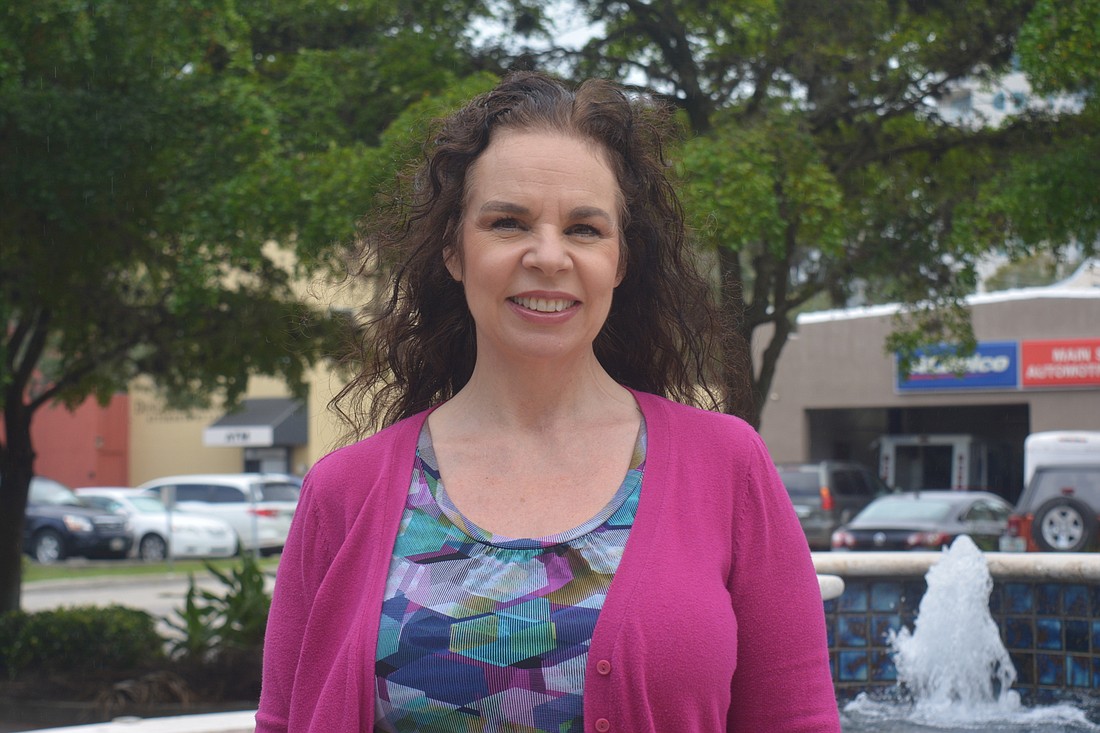- November 22, 2024
-
-
Loading

Loading

Epiphanies can happen at any age.
For people 70 and older, one such epiphany might be a realization that taking care of your body is vital to living the life they want. An important thing to remember in cases such as this is, according to Kathy Black, a professor at the University of South Florida Sarasota-Manatee, who holds a master’s degree in gerontology, is that all is not lost.
While it would have been advantageous to work toward good health in the past, starting now is much better than never starting at all, and will help you feel as well as possible as your golden years approach.
In terms of physical things that can be done, the biggest is to battle muscle loss, so you can still comfortably roll out of bed without feeling weak. In this regard, weight-bearing exercises — things that force you to work against gravity, like playing tennis or dancing — and strength training — doing squats or lifting small weights — can help, Black said. Balance training, focusing on a person’s core, is important as well, because falls that once would just result in a bruise can now have more serious consequences, she said.
There’s also one tip that you’re probably doing every day anyway.
“Walking is something very simple, but it’s considered the ‘magic pill,’” Black said. “Almost everybody can walk, and it’s fun.”
It’s not just physical work that needs to be done. Black mentioned that the World Organization of Health’s definition of “health” is “a state of complete physical, mental and social well-being.” Too often, people ignore one or even two points of that triangle, Black said.
“The reality is health is not just about a disease or a condition you have,” Black said.
There is growing evidence that cognitive reserve — your brain’s ability to improvise and overcome challenges — can help prevent dementia and cognitive decline, Black said. Testing the mind as much as possible by learning news skills. will help build the brain’s cognitive reserve.
“The reality is health is not just about a disease or a condition you have"
Socializing, as written elsewhere in this issue is important, too. A 2015 study from Brigham Young University found that loneliness is perhaps the most significant risk factor faced by older Americans.
“To put it another way, loneliness might be a more significant health factor than obesity, smoking, exercise or nutrition,” Forbes wrote in its review of the Brigham Young study.
"Psychologically, loneliness and social isolation have extreme co-morbidity with a whole host of other issues, as you might expect. Depression, anxiety, dementia, substance abuse, even things like manic-depression and schizophrenia. Loneliness — both its objective state and feelings of loneliness — is also the psychological state most associated with suicide, to the point where it’s safe to say that while not all lonely people are suicidal, all suicidal people are lonely."
Above it all, people should want to stay fit physically, mentally and socially, Black said. There are things that can be done, no matter your limitations or previous experience. Don’t dread the future, she said. Instead, start preparing for it, embrace it and enjoy it.
“It is so important that we do not reinforce this negative paradigm that aging is something to be dreaded,” Black said. “It’s a celebration. Ask yourself, ‘What am I doing to make the most of it?’”